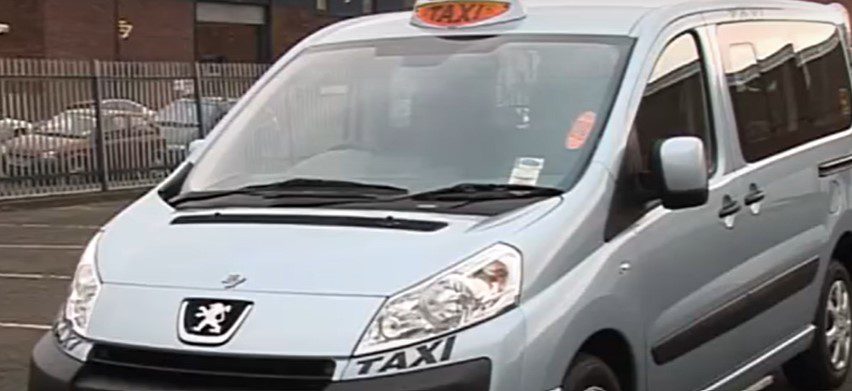Such is the shortage, taxi drivers can “name their own price” to secure home to school contracts for Cambridgeshire County Council, says a new report.
Fran Cox, assistant director education, says: “The situation is not likely to improve and taxi drivers are now realizing they can name their price as they see council contracts coming back out for tender.
“Cambridgeshire County Council has had 200 contracts handed back since August 2022 -usually there would be only a handful of hand backs at any one time.”
Her report, being presented to councillors next week, says: “This academic year has continued to prove extremely difficult.
“Both SEN (Special Educational Need) and mainstream operations have been severely impacted by the national lack of suppliers, taxi drivers and bus drivers.”
Cambridgeshire is suffering, she believes, from the perfect storm:
Rising number and increasing complexity of SEND (Special Education Need or Disability) pupils.
Rising numbers of social care clients needing to be taken to multiple locations in one day
Increasing cost of transportation
Decreasing marketplace in terms of drivers and taxi operators
Changes in education legislation around school opening hours, necessitating changes in routes and leading to increased costs.
Ms Cox says: “There continues to be a decline in new entrants to the procurement systems and a shift of professional taxi and bus drivers moving to other better paid jobs.”
She says, for example, that PCV (passenger carry vehicle) drivers have moved into HGV (heavy goods vehicles) and taxi drivers have found better and higher paid employment in the growing delivery industry.
“The NHS is supporting their ambulance crisis and car collection service by offering low risk work to taxi providers,” she says.
“Taxis and bus companies are also being offered lucrative work impacted by rail strikes and postal strikes.”
Ms Cox says that in Cambridgeshire the overall number of SEND routes have reduced the special school routes, “the most complex and costly routes requiring specialist vehicles and skilled passenger assistant have increased by 70 since last year”.
She adds: “Alongside this growth there is a clear impact of inflationary pressures on contract costs which has led to a 37 per cent in the cost per pupil per day in the SEND cohort.”
Following the retender of 330 SEN routes for September 2022, average contract costs have gone up by 18.5% from 2021.
There has also been a 261 increase in the numbers of mainstream children entitled to transport from September 21 to September 22.
“This is largely due to growth in the county generally, but also due to an unexpected migration impact (Ukrainian guests but also other international migration) to certain areas of the county,” says Ms Cox.
“Whilst there has been a rise in costs per pupil per day for mainstream transport this has not been so significant at 13%.
“In addition, the lack of bus operators and drivers has resulted in one school needing to be covered with five taxis, as a 53-seater bus could not be procured, despite multiple tenders and market testing.
“The lack of places continues to generate extra taxi provision. This has been higher in the Cambridge South area, where refugees are taking up places that had already been forecasted for, resulting in pupils being transported further afield.”
Ms Cox said: “ Children in care delivery has seen a marked increase in the numbers of children and young people being transported to both contact (9 children in September 2021, 27 children in September 2022).”
She lists the pressures on the passenger transport budgets (as of December 2022):
Children in care transport: £300k pressure
Mainstream transport: £0.715m pressure
Special transport: £2.13m pressure
TOTAL Passenger Transport pressure: £3.145m
SUMMARY
2023/24 Additional Inflation Investment Based on the in-year pressures, Ms Cox says her department has calculated a revised inflation / demand request for funding for 23/24, in an attempt “to reflect as a starting point a more realistic position”.
The budget requirement for 23/24 has been revisited based on current commitments, revised inflation forecasts, updated pupil number forecasts and net of rephased savings.
This results in a £2.1m additional requirement over and above what is included in the current business plan figures presented in November (across mainstream, special and children in care), and circa £4.9m (17%) over and above the current 22/23 available budget (£1.8m / 6% over current forecast 22/23 spend).
Her conclusion: “These proposed revised figures still come with large caveats, given the current volatility of the market and continuing driver shortage, but represent a more realistic starting point based on current spend.”




















